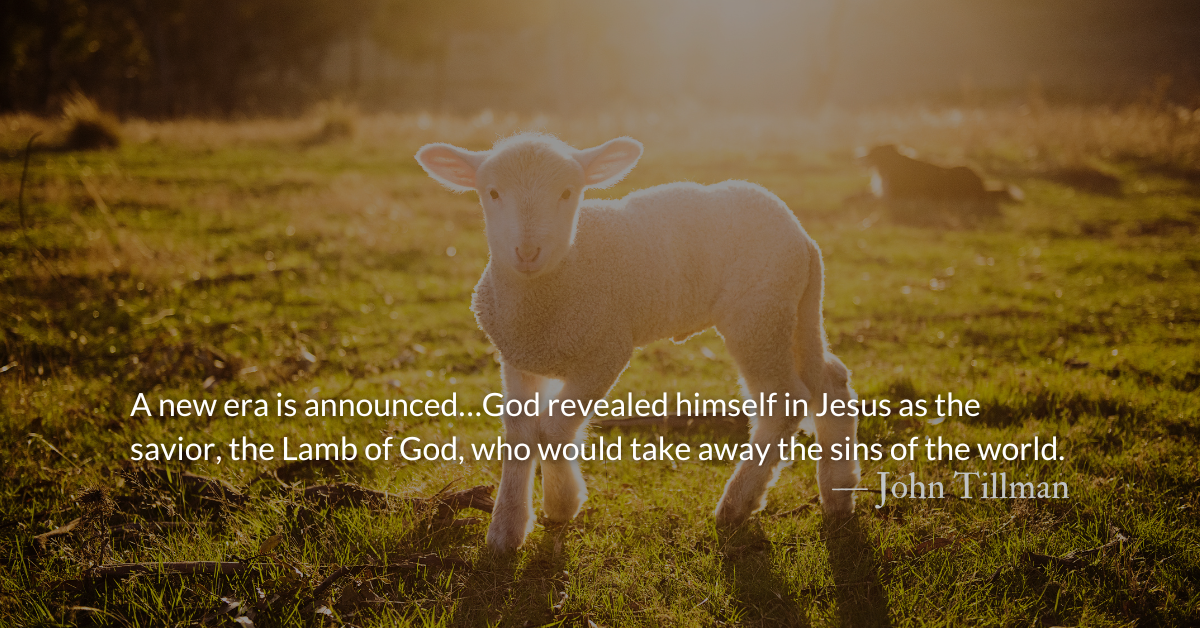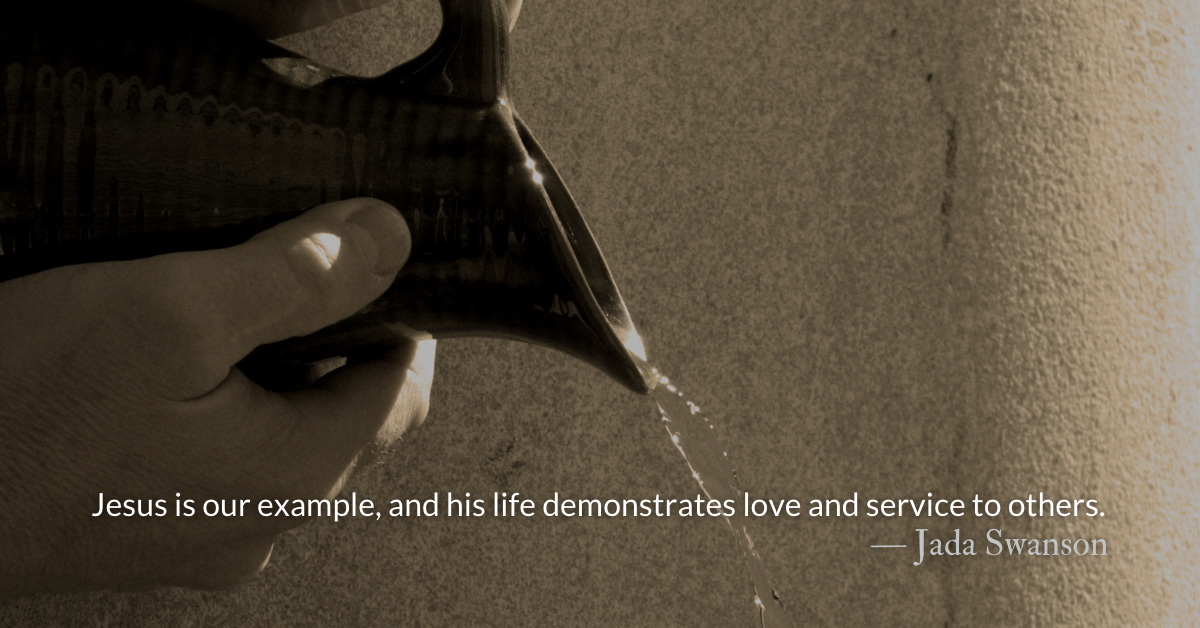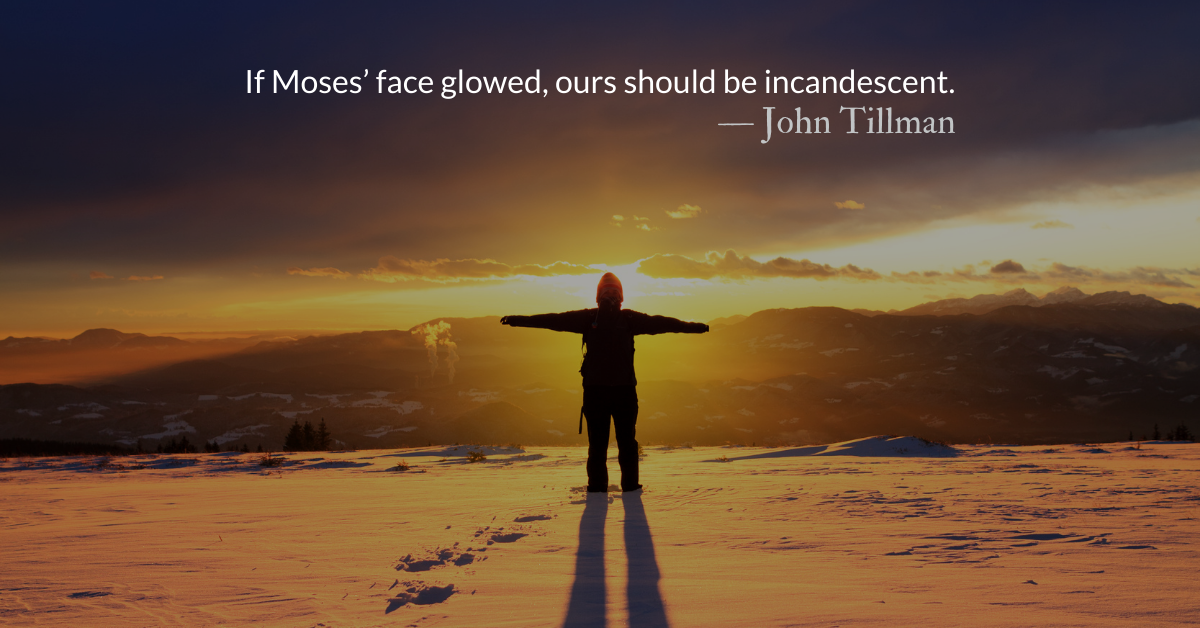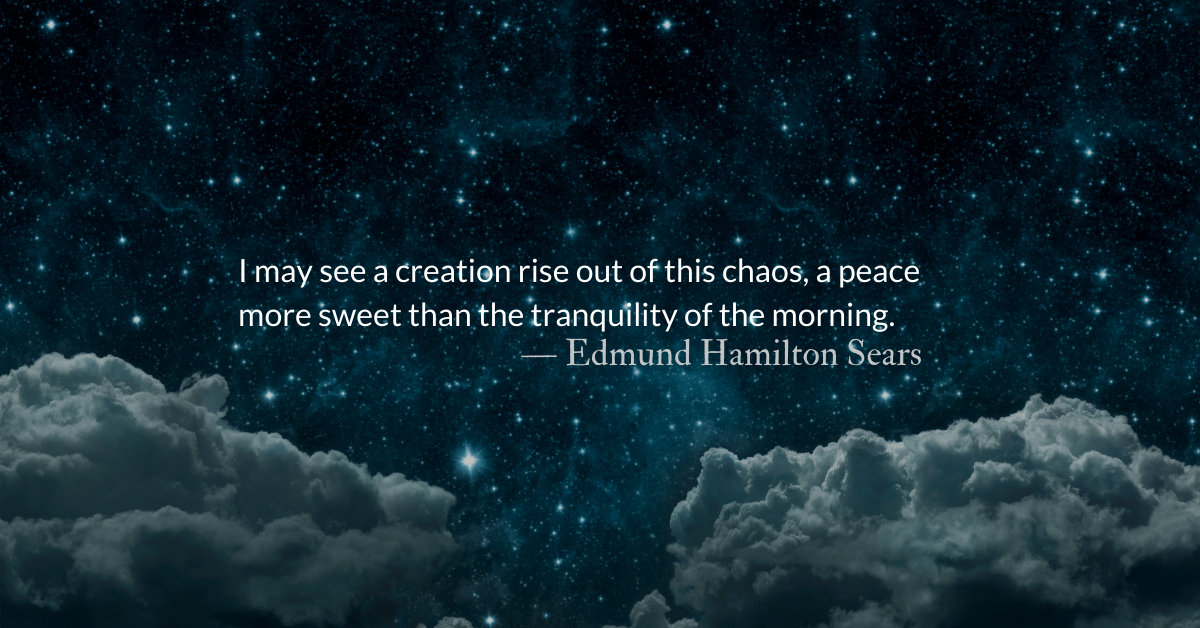Scripture Focus: Matthew 1.20-21
20 But after he had considered this, an angel of the Lord appeared to him in a dream and said, “Joseph son of David, do not be afraid to take Mary home as your wife, because what is conceived in her is from the Holy Spirit. 21 She will give birth to a son, and you are to give him the name Jesus, because he will save his people from their sins.”
John 13.34
34 “A new command I give you: Love one another. As I have loved you, so you must love one another.”
From John: The “Maundy” of Maundy Thursday comes from the Latin word mandatum, or commandment, reflecting Jesus’ words “I give you a new commandment.” May we walk in this commandment, in this new era of love and service.
Reflection: Inaugurating The Era of the Servant
By John Tillman
The three sections of Matthew 1’s genealogy mark important eras in the history of God’s presence with and relationship to his people.
Beginning with Abraham’s era, God was a promise-maker and promise-keeper. He promised children, kings, nations, and a blessing that would be for all people. God brought Abraham’s family closer and closer to himself, revealing more and more of his nature. He became their God, and they became his people. He made with them a covenant, a promise of promises, to be their faithful God.
Beginning with David’s era, God was the mighty king, dispensing justice and wisdom. In this era, he defeated monstrous animals, enemies, and empires. Even when human kings were flawed, unfaithful, and wicked, God was the faithful, righteous ruler.
Through the exilic era, God judged and punished his people’s wickedness but also protected and preserved the righteous remnant and was the redeemer who brought his people home. Exiled for their sins, this remnant took God’s presence and blessing with them, even into the bellies of the beastly empires that swallowed them. God brought judgment on those beasts in due time and brought his people out from captivity again.
A new era is announced to Mary and Joseph. Jesus is proclaimed as one who will save his people from their sins. Sin wrecked every era of existence. Sin broke the promises of the covenant. Sin turned the wisdom and power of kings to wickedness. Sin still haunted the hints of former glory in the restored Temple and the wicked rule of the string of Herods who called themselves kings of the Jews.
In this time, in this place, among these people, God revealed himself in Jesus as the savior, the Lamb of God, who would take away the sins of the world.
Jesus inaugurated the next era on the night of the Passover meal. Jesus washed the disciples’ feet and declared afterward “A new command I give you: Love one another. As I have loved you, so you must love one another.” (John 13.34)
What era speaks to you? The promise-keeper? The King of Kings? The Redeemer? The Savior? The Servant? Jesus is the fulfillment of every era and every need. Today, his body, the church, is called to live out the era of love and service. Let us love one another so that the world can recognize who we are.
Divine Hours Prayer: The Refrain for the Morning Lessons
Do not let your hearts be troubled. You trust in God, trust also in me. — John 14.1
– From The Divine Hours: Prayers for Summertime by Phyllis Tickle.
Today’s Readings
Song of Songs 4 (Listen 2:46)
Matthew 1 (Listen 3:29)
Read more about Pause To Read
Coming tomorrow, a new podcast from Erin for Good Friday. Subscribe using one of the links on our site and share some episodes with friends.
PTR-coverart-fullcolor
Read more about Dirty Feet
If you knew that you were going to die tomorrow, what would you do?…Jesus washed each of the disciples’ feet…even Judas’s.










